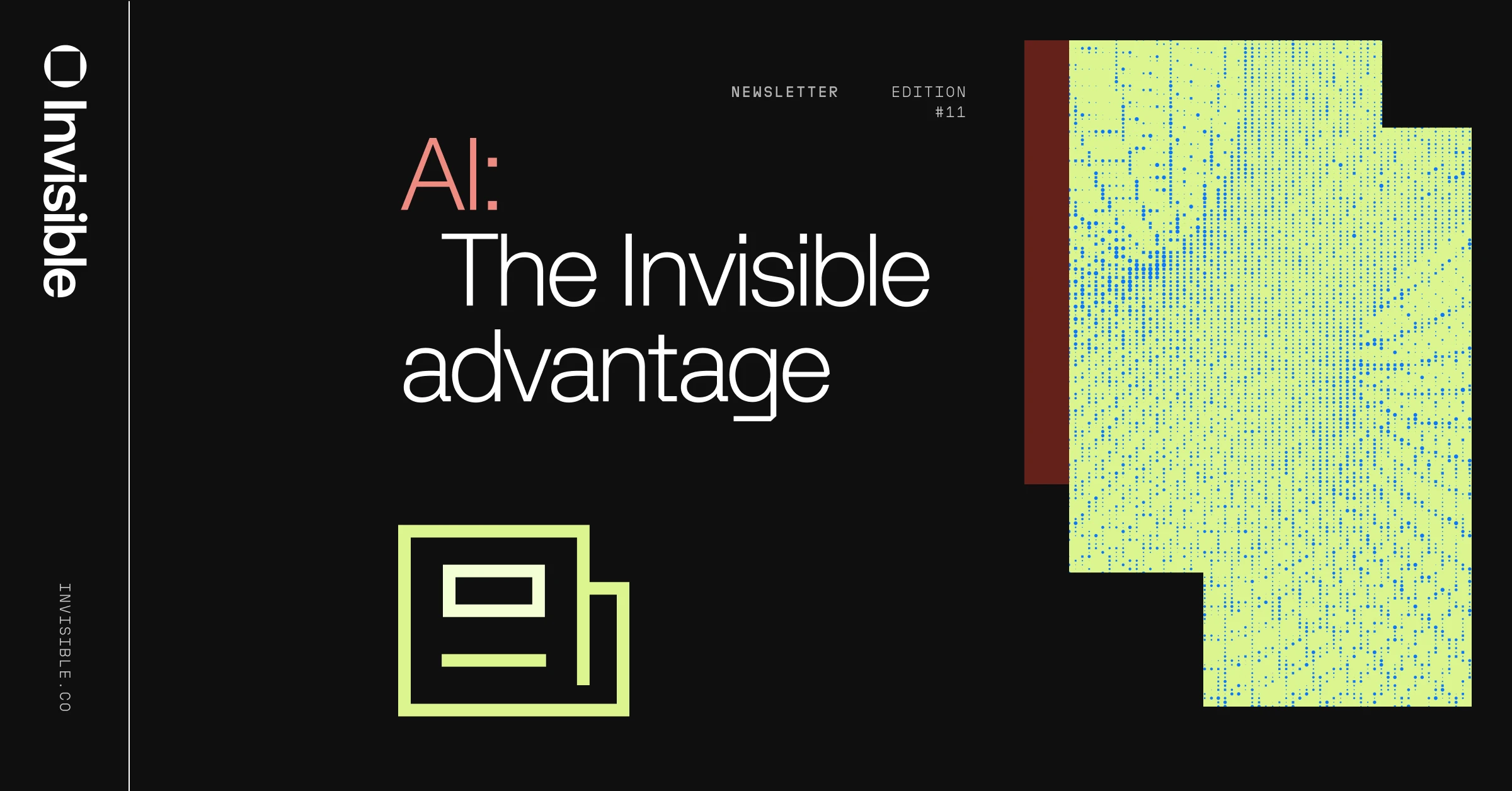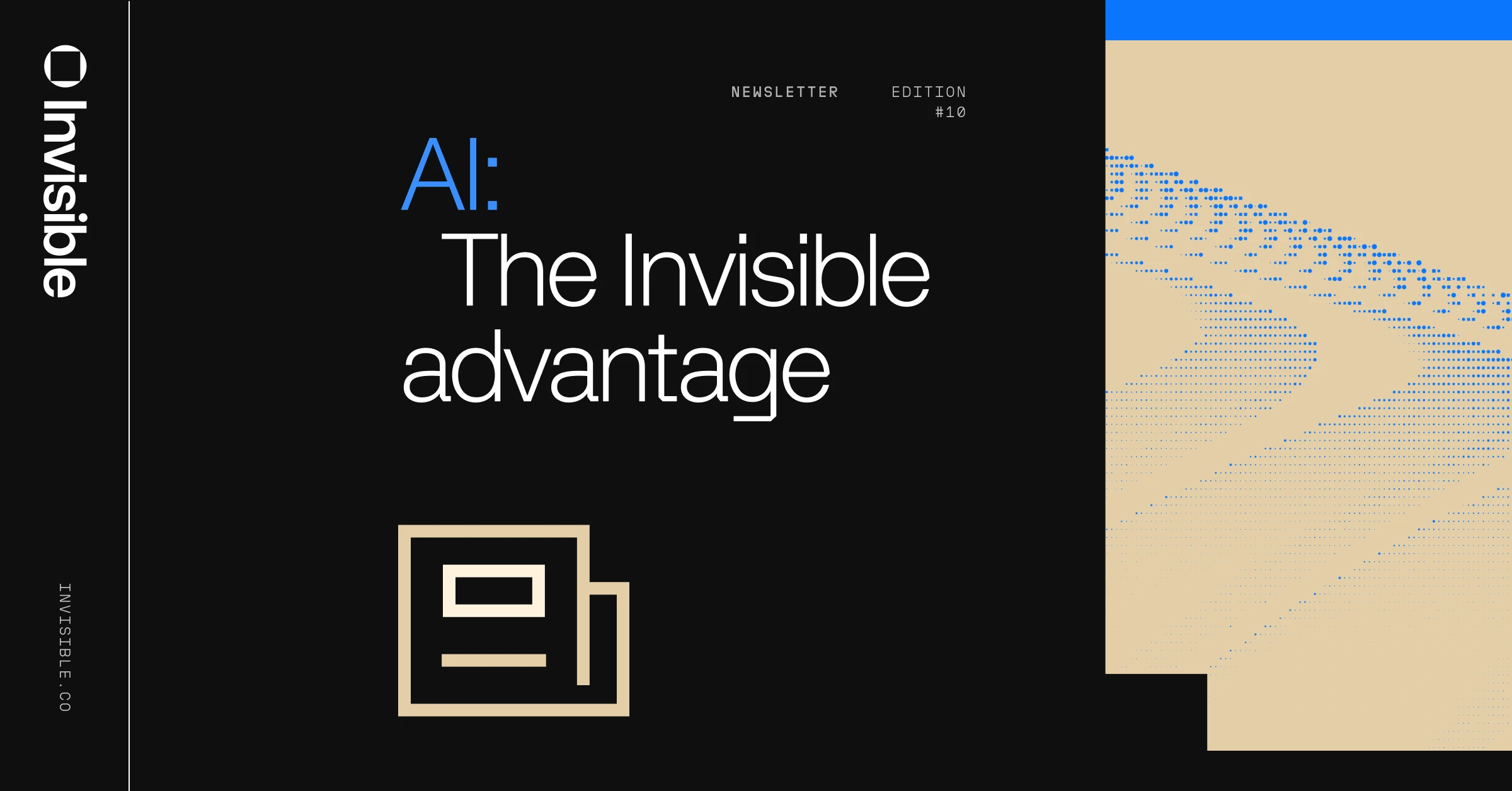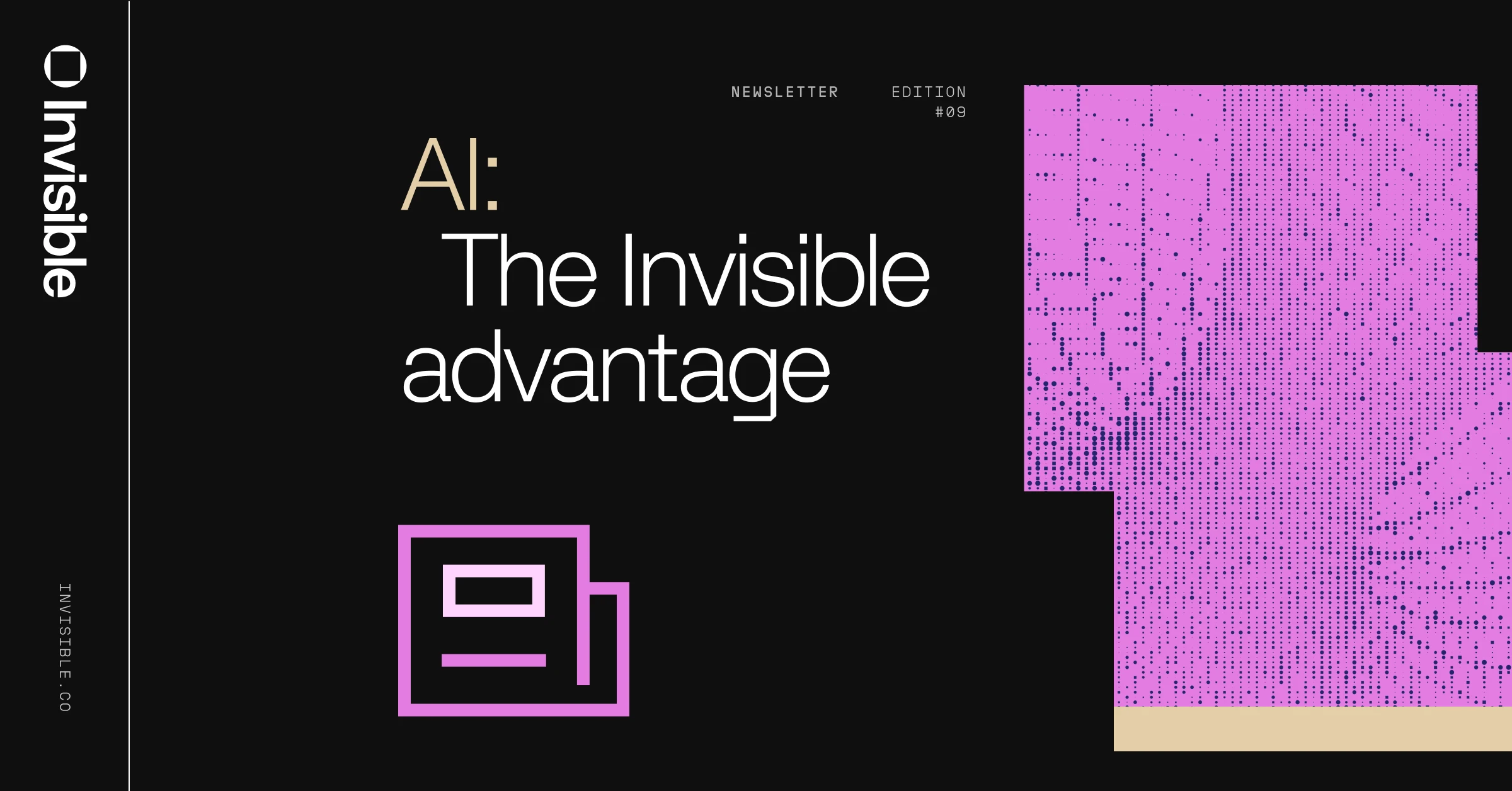Google goes bananas

DOWN TO BUSINESS
📉 MIT study finds 95% of firms see no ROI on AI
A new MIT study examining 300 enterprise AI initiatives found that 95% of organizations have seen zero return on their AI investments, despite spending an estimated $30–40 billion on generative AI. Researchers noted that companies buying proven AI tools fared better than those running in-house pilots, but widespread business disruption remains elusive, according to the study.
🤝 Anthropic acquires Humanloop team in enterprise AI talent play
Anthropic has hired the co-founders and most of the team behind Humanloop, a startup known for prompt management, LLM evaluation, and observability. While the deal didn’t include Humanloop’s assets or IP, the acqui-hire strengthens Anthropic’s enterprise push with expertise in safe and scalable AI tooling. Humanloop previously worked with firms like Duolingo and Gusto to fine-tune enterprise AI apps.
🏦 Banks double down on AI as agentic tools emerge
An Evident Insights report shows the world’s top 50 banks launched 173 new AI use cases in the first half of 2025, double the previous six months. While more than half are powered by generative AI, fewer than a third disclose measurable results. Wells Fargo upgraded to a faster and smarter Google model, while Commerzbank launched AI avatar Ava for customer support. JPMorgan, Capital One, and BNY disclosed pilot architectures for agentic workflows.
🏛️ New pilot speeds AI approvals in government
The U.S. General Services Administration has launched a pilot to speed up certification for AI-based cloud products, starting with conversational AI tools for federal workers. Eligible services must meet strict requirements like enterprise SSO, role-based access, real-time analytics, and guarantees that training data won’t leave customer environments. Products also need demand from at least five major federal agencies or a CIO Council recommendation.
HOT MODELS
🌐 Google warns AI translation benchmarks may be misleading
A joint study by Google and Boston University finds that machine translation benchmarks often overstate real-world accuracy due to data contamination: when tests overlap with training data. Scores can be inflated by as much as 30%, giving businesses a false sense of performance. The research also highlights “translationese,” simplified text that models replicate more easily, further skewing results.
☀️ IBM and NASA launch Surya, an open-source AI for solar weather
IBM and NASA have released Surya, the first heliophysics foundation model trained on nine years of solar data. Available on Hugging Face, the model predicts solar flares and space weather events with 16% higher accuracy than traditional methods, giving up to two hours’ warning for disruptions that can affect satellites, GPS, power grids, and aviation. Alongside Surya, the partners also released the largest curated solar dataset, aiming to accelerate space weather research and better protect critical technology on Earth and in orbit.
🍌 Google debuts new image model “Bananas”
Google has released a new AI image model nicknamed “nano bananas” by fans, after an internal codename surfaced in previews. The model offers sharper edits with fewer errors and new creative tools. Users can replace backgrounds and remix designs, for example, transforming rain boots with a floral pattern from a rose photo.
PLOT TWIST
🛋️ San Antonio spa debuts AI robot masseuse
Float Wellness Spa has introduced Texas’s first AI-powered robot massage table, made by New York startup Aescape. The system uses cameras and sensors to scan each client’s body, then delivers personalized massages with heated, crescent-shaped robotic hands that mimic thumbs, elbows, and forearms. Customers wear a skintight “Aerwear” suit instead of oils or lotions and can adjust pressure, music, and techniques via touchscreen.
🎨 Three designers show how AI is reshaping creativity
Industrial designer Philippe Starck used AI to create the first mass-produced “AI chair,” built with minimal matter and energy. Fashion designer Norma Kamali fed her 57-year archive into AI to generate new iterations of classic looks that sell as well as her originals. Architectural designer Tim Fu is behind what he calls the world’s first fully AI-driven resort in Slovenia, using AI to optimize floor plans and reinterpret traditional motifs.
🐾 ASU debuts AI-powered robot dog for rescue and accessibility
Arizona State University researchers have developed an AI-enhanced robodog capable of tackling dangerous missions and assisting the visually impaired. Equipped with a laser detection system, depth cameras, and a voice interface, the robodog is being trained for search-and-rescue in disaster zones and as a guide for people with vision loss. Using reinforcement learning, it can jump obstacles, navigate rubble, and adapt in real time. Another project equips the robot to recognize objects and communicate guidance to blind users.
♻️ Subscribe on LinkedIn and share it with your network!





